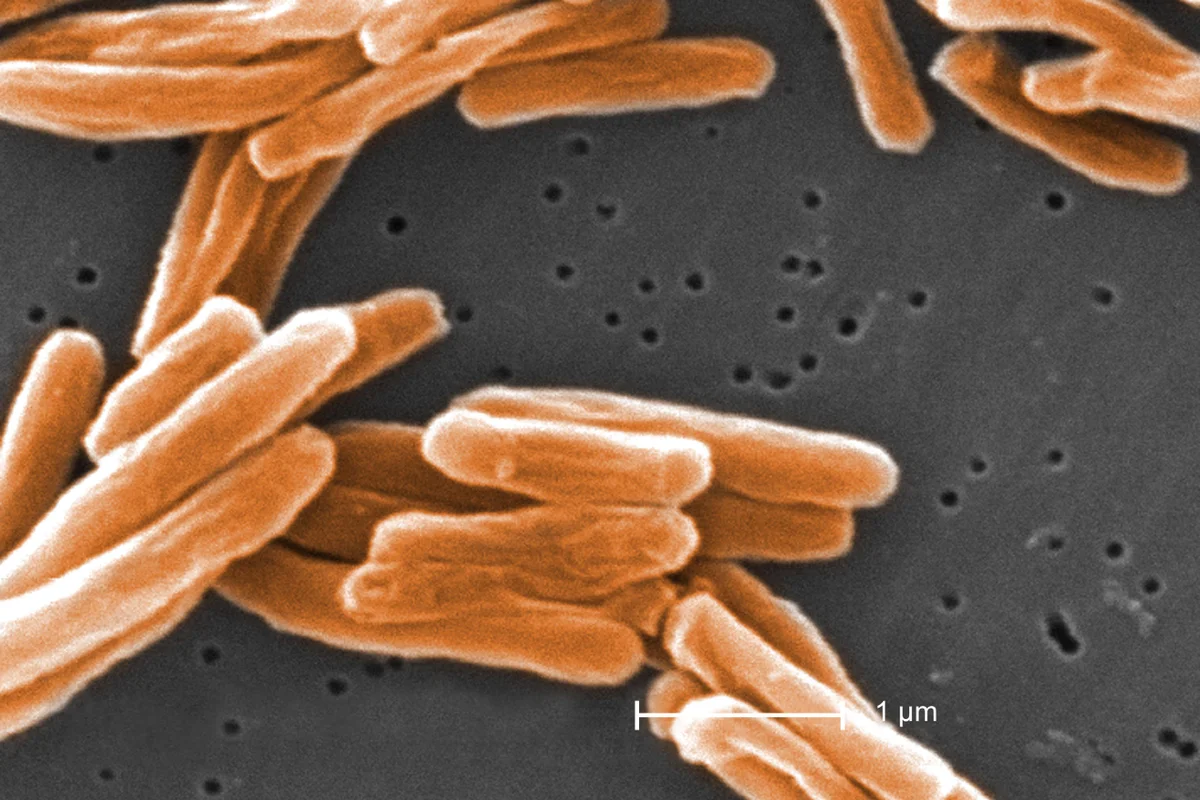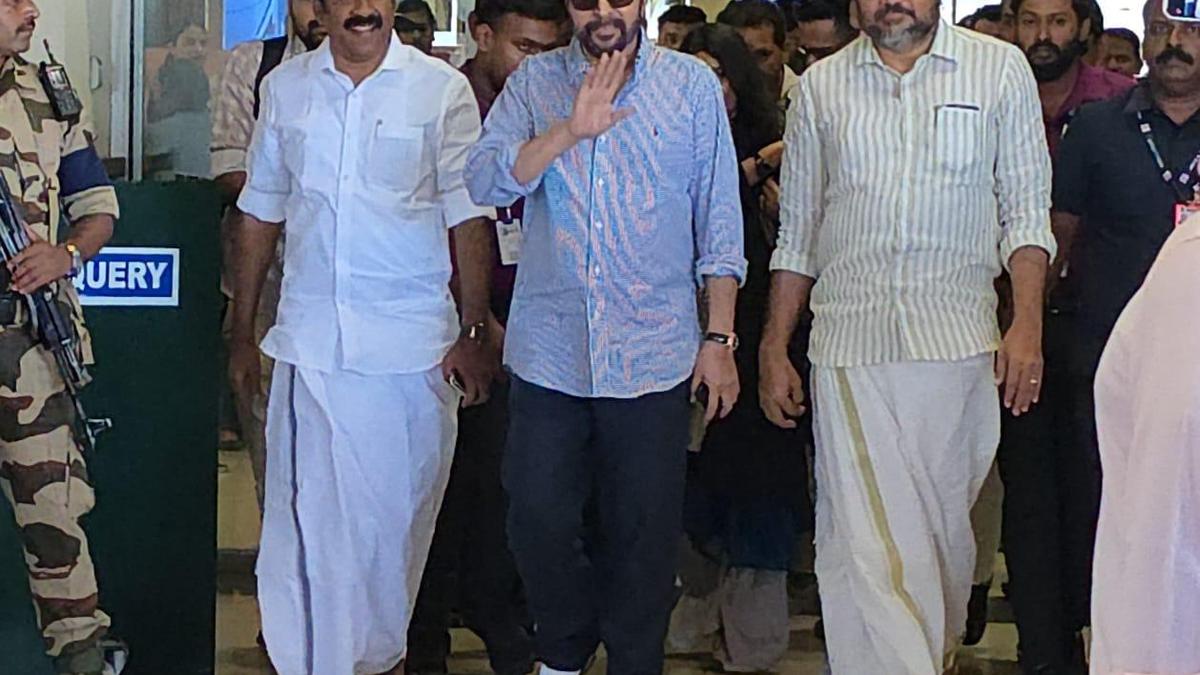Copyright therakyatpost

Subscribe to our FREE Newsletter, or Telegram and WhatsApp channels for the latest stories and updates. Alright gentlemen, it’s that time of the year again. The time to check yourself and ask your bros, “Are you okay?”. Every November, you’ll start spotting more moustaches than usual — not just for style, but for a cause. That’s because of Movember — the global campaign where “Mo Bros” (and “Mo Sisters”) grow moustaches (or wear a fake one) to spark conversations around men’s health. All about the Mo’ (at first) The Movember movement began in Australia in 2003 when two friends, Travis Garone and Luke Slattery, were having drinks together at a bar until their conversation turned to recurring fashion trends. You know, just an average lepak session. At some point, the two buddies talked about bringing back the moustache, a trend that has gone stale for decades, save for a few dads here and there who have never seen their faces without a moustache ever since they can remember. Garone and Slattery eventually talked a few of their other friends into growing a Mo, and taking inspiration from a friend’s mother who was fundraising for breast cancer, they decided to make their misai campaign about men’s health and prostate cancer. After setting a bunch of rules (which are still in place today) Garone designed the first Movember logo and blasted out an email titled “Are you man enough to be my man?”, charging ten dollars to grow a ‘stache. From the get-go, they managed to round up 30 guys who were willing to take up the challenge. Those 30 guys grew their moustaches with such fervour, the concept was formalised in 2004, which was also the year they officially supported the Prostate Cancer Foundation of Australia (PCFA), raising AUD 54,000 from 450 participants — the PCFA’s largest single donation at the time. In 2005, a chap named Justin Coghlan joined the founding team, and Movember ran a cheeky campaign — “Give Prostate Cancer a Kick in the Arse” — which raised AUD 1.2 million, making PCFA the first official men’s health partner. By 2006, the founders established the Movember Foundation as a registered Australian charity. They expanded the focus to include mental health, partnering with beyondblue, and launched the campaign in New Zealand. That year, over 56,000 participants raised AUD 9.3 million. Movember went global in 2007, launching in the US, Canada, the UK, and Spain through partnerships with major prostate cancer organisations. Participation soared to 134,000 people, raising AUD 21.5 million and massively boosting global awareness of men’s health. Since then, Movember has grown into a worldwide movement with official campaigns in 21 countries, raising over AUD 730 million for 1,000+ men’s health programs. The foundation now focuses on prostate cancer, testicular cancer, mental health, and physical inactivity, inspiring millions to grow moustaches and spark life-changing conversations. Remember: this all started with a conversation over beers at a bar. Why men’s health issues need more awareness Let’s get real: men’s health often takes a back seat. According to Malaysian data, many men skip regular check-ups, avoid talking about “weird” symptoms, and brush off warning signs because they figure “ah, it’s nothing one”. But here’s the truth: those small decisions add up. For instance, one source says only about 46.1% of Malaysian men underwent a health screening or medical check-up in the past 12 months. Also, many serious illnesses in men are detected late. For example, in Malaysia, the incidence rate of prostate cancer increased from 7.7 to 9.3 per 100,000 men between 2016 and 2021, and nearly 70 % of cases were detected in advanced stages. On the mental-health side: globally, men are more likely to die by suicide thanks to societal norms which typically see a man’s standing in the social hierarchy as predicated by dominant masculinity. This has birthed ideas like stoicism, which promotes a self-reliance among men – in other words, a kind of lone ranger “I’ve got this” attitude. The meaning of the Mo: What Movember highlights To grow a lip caterpillar in the month of November is to bring major health issues related to men into conversations (both casual and formal). The three major men’s health issues that Movember highlights are: Prostate cancer The prostate is a small gland in men, tucked under the bladder and surrounding the urethra. When things go wrong — such as cancer forming in the area — the earlier you catch it, the better. In Malaysia, it’s the third most common cancer among men, according to the private medical centre Prince Court. Warning signs include: difficulty urinating, weak stream, blood in urine or semen, pain in back and hips (if the cancer has spread). If detected early, treatment options are much more effective; later-stage detection often means the cancer has spread and the prognosis worsens. Testicular cancer Otherwise known as the Family Jewels, testes are quite prone to cancer, too. In fact, they’re quite common in younger men between 15 to 30 years old, though it can happen at other ages as well. Though it’s less common than prostate cancer, it’s highly treatable if caught early. Simple self-checks you can do: After a warm shower (that relaxes you and your scrotum), feel each testicle gently and note its size and shape. If one is significantly larger than the other, or you feel hardness, a lump or pain — see a doctor as soon as you can. Warning signs include: Lump or swelling in either testicle, feeling of heaviness in the scrotum, dull ache in the lower abdomen or groin, sudden fluid in the scrotum. When caught early, survival rates are very high. Plus, younger men tend to rebound well from treatment. Delays would mean more complicated treatment and bigger burdens (physically, emotionally, financially). Suicide prevention / mental health Health isn’t just about organs and scans. Men’s mental well-being is a big part of the picture. The Movember campaign asks us to check in — not just with our bodies, but with our minds and our mates. If you (or a friend) feel persistently hopeless, irritable, withdrawing from friends and family, increasing alcohol and drug use, talking about being a burden, or the worst case – talking about taking one’s life, don’t ignore those feelings as these are warning bells. Talking about it removes stigma. Seeking help early means you get support when you need it, avoid crisis, and build a more resilient mental state. And yes — research shows men globally are less likely to seek help, yet their rates of suicide are higher. How Malaysian men can take better care of themselves Let’s be honest, most Malaysian guys don’t go to the doctor unless something really hurts — and even then, half the time we’ll just “tahan” and hope it goes away. But that’s not how it works anymore. Taking care of your health isn’t about being “manly” or “strong” — it’s about being smart. Start with a simple health screening. Many clinics and hospitals around Malaysia offer affordable packages, and sometimes even free ones during Movember. It’s way better to catch something early than to deal with it too late. Next up, learn to check yourself — literally. Once a month, after your shower, take a few seconds to feel for any lumps, swelling, or pain around your testicles. If something feels off, don’t panic — just see a doctor. Early detection can make a massive difference, and the check takes less time than your average mamak order of roti canai and teh tarik. Your everyday habits also play a huge role. Move your body — go for a jog at the nearest taman, hit the futsal court, or even take evening walks with the kids (or dogs). Eat more greens, cut down on late-night nasi lemak (we know, it’s hard), and try not to let stress drive you to chain-drink kopi ais all day. A few small changes can really add up. Mental health is just as important. In Malaysia, we’re getting better at talking about stress, burnout, and depression — but there’s still a long way to go. If you’ve been feeling down, snappy, or just “not yourself”, reach out to someone. Whether it’s your partner, your bros, or a counsellor — talking about it doesn’t make you weak; it shows you care enough to get better. And don’t forget your friends. If you notice your buddy skipping lepak sessions, staying quiet in the WhatsApp group, or just not being his usual self — jio him out, check in, and make sure he’s okay. Sometimes that small conversation can make a big difference. So, whether you’re growing a Mo, hitting the gym, or finally booking that check-up your wife’s been nagging about — remember: taking care of your health isn’t just about living longer, it’s about living better. After all, what’s the point of having all that Malaysian food to enjoy if you’re not around to savour it? Share your thoughts with us via TRP’s Facebook, Twitter, Instagram, or Threads.



